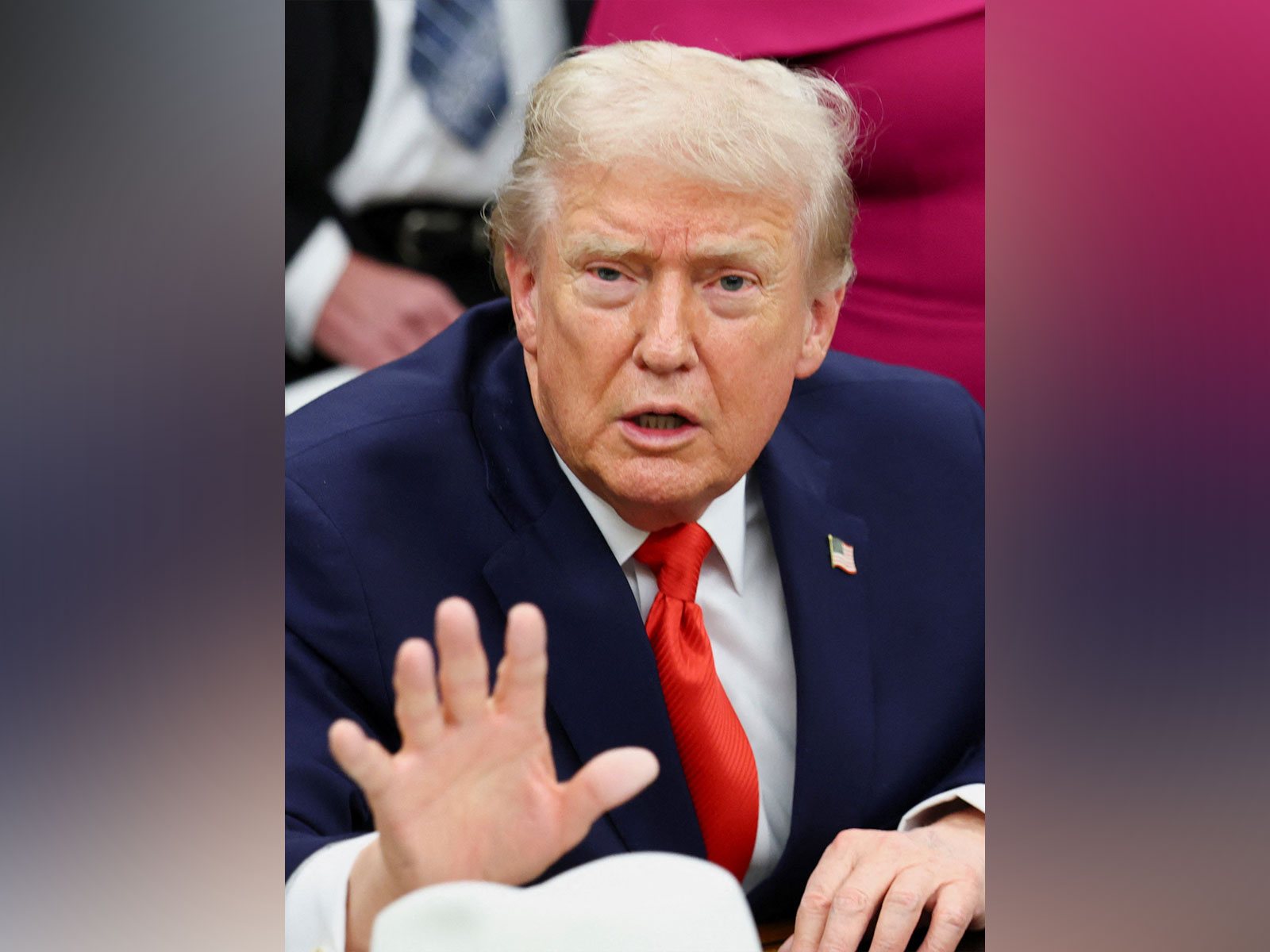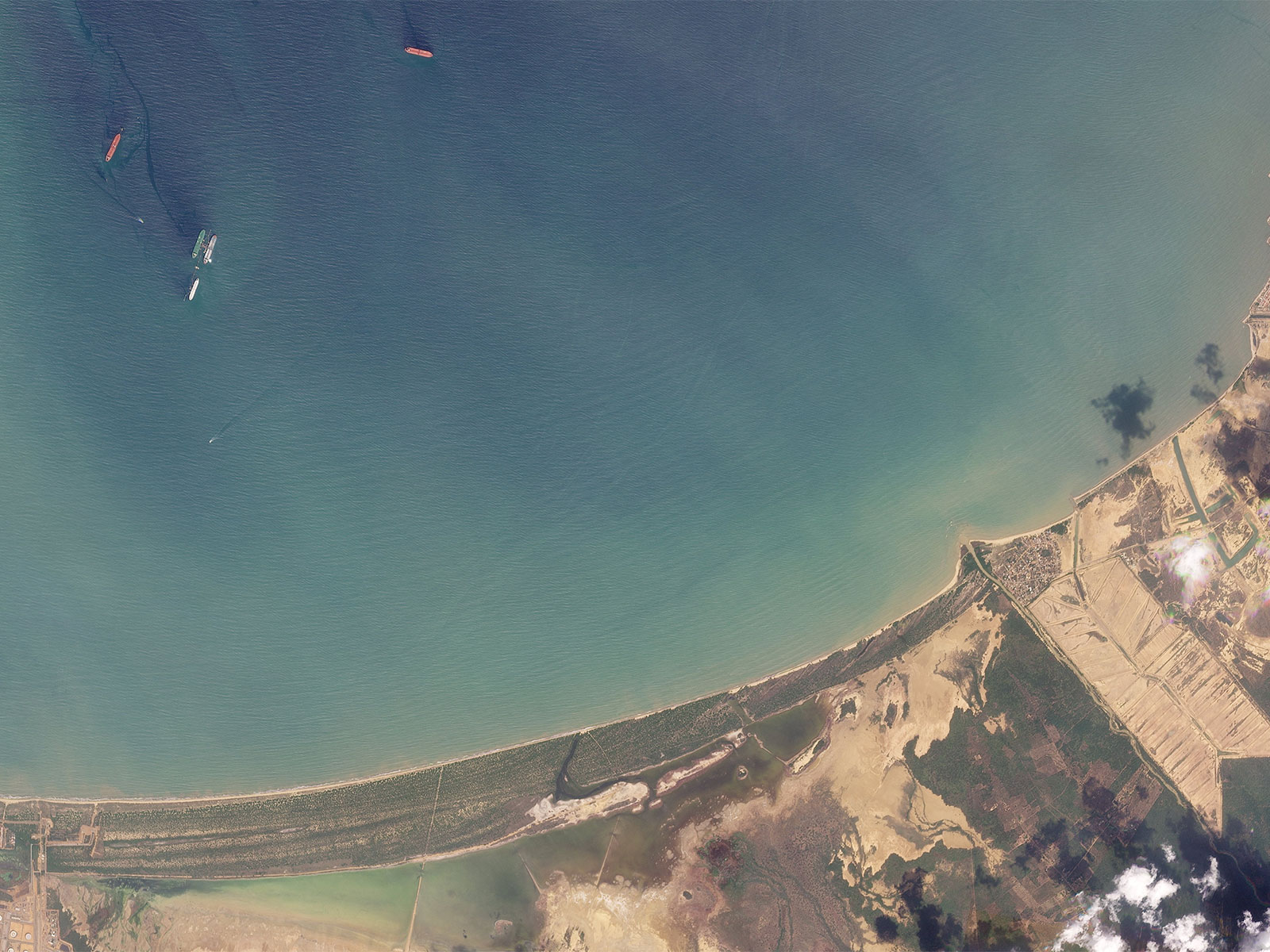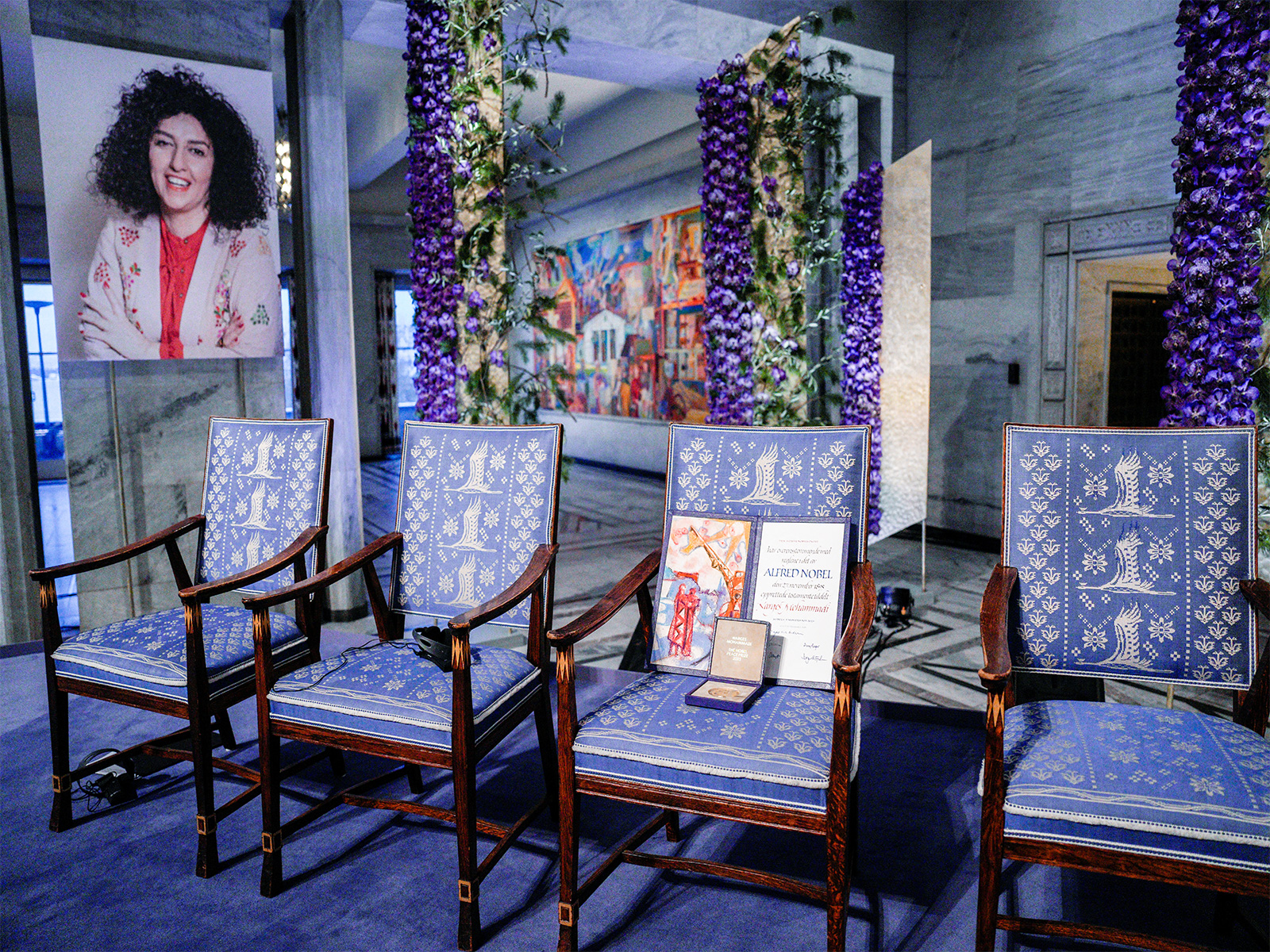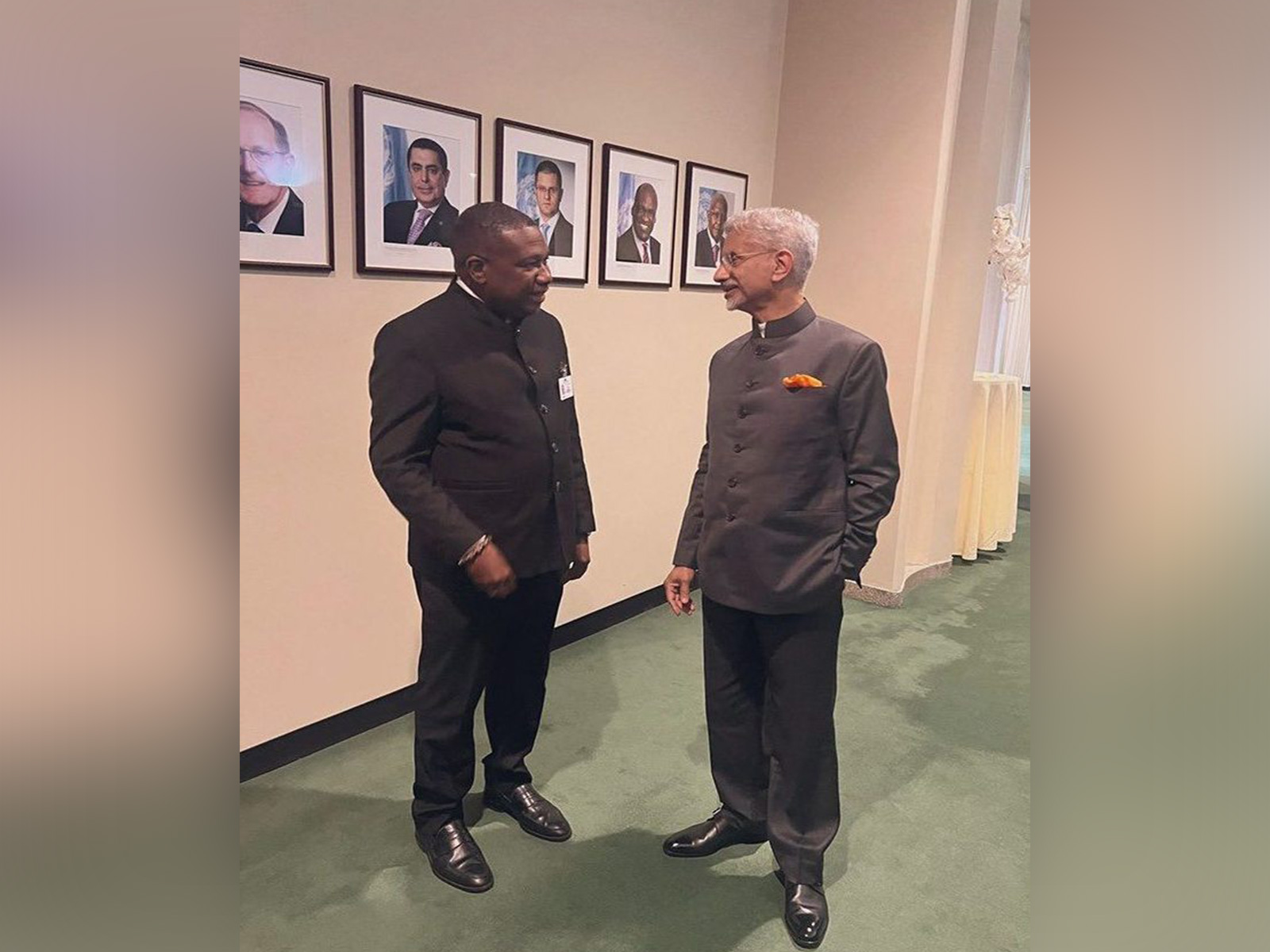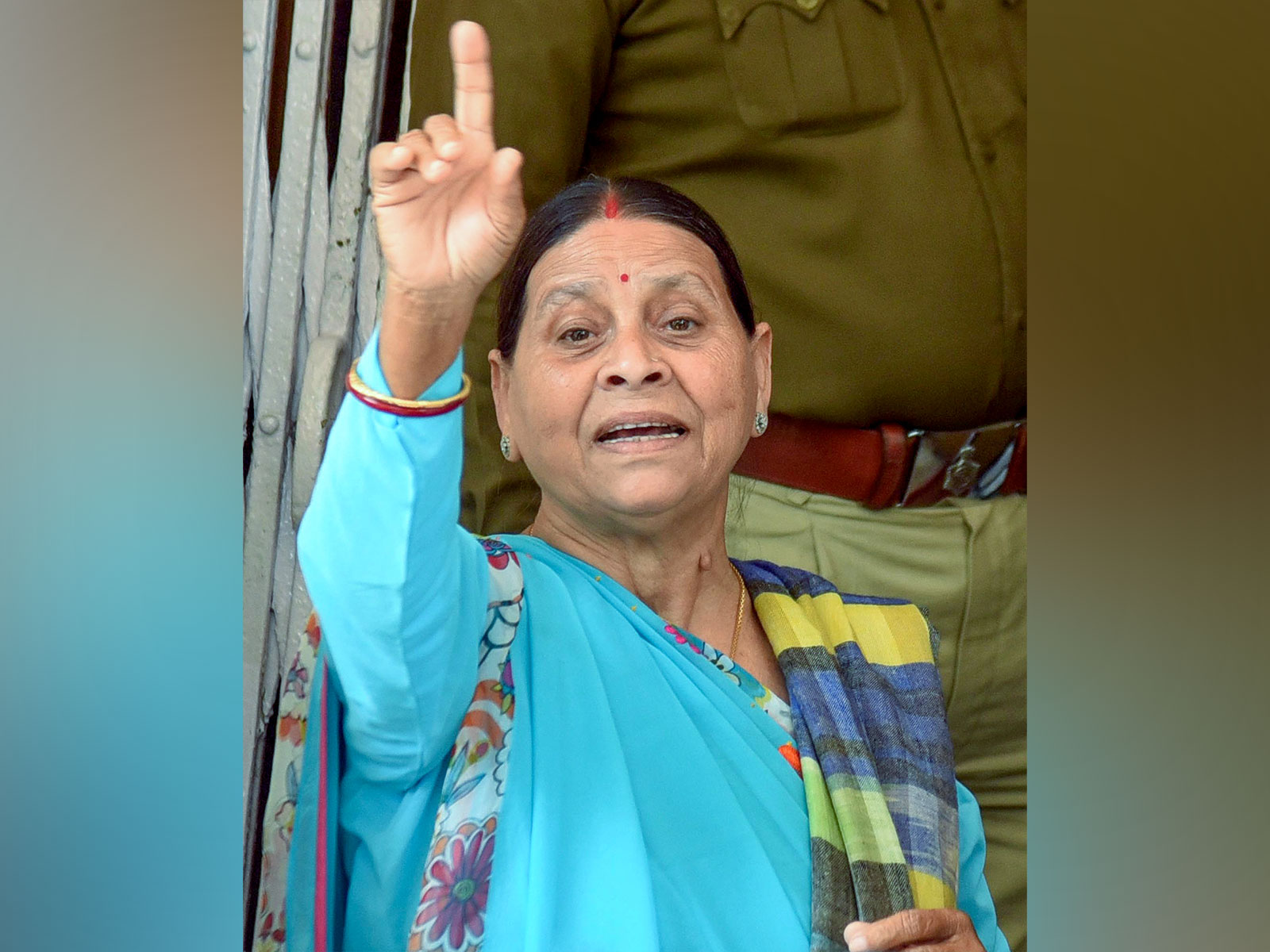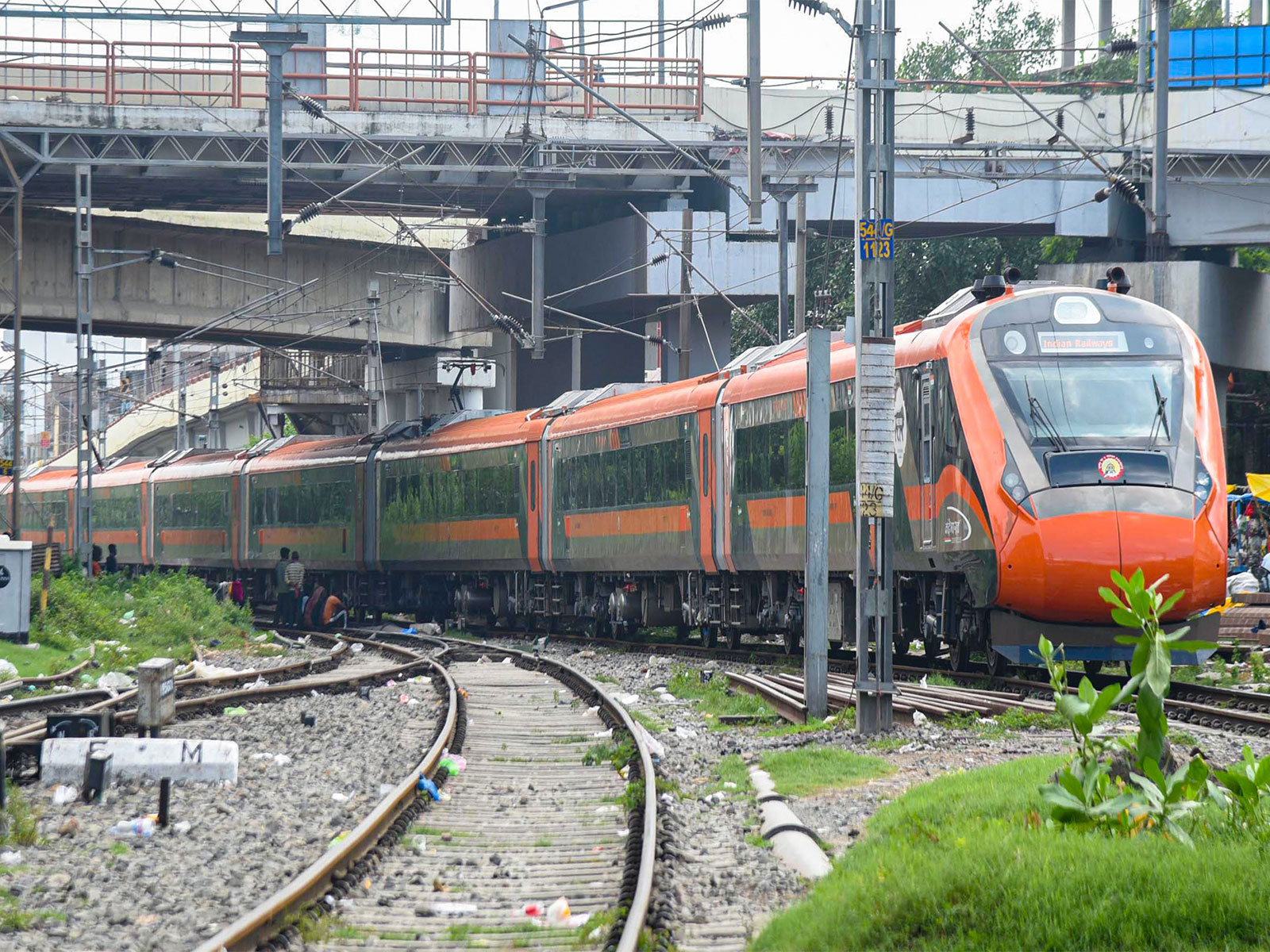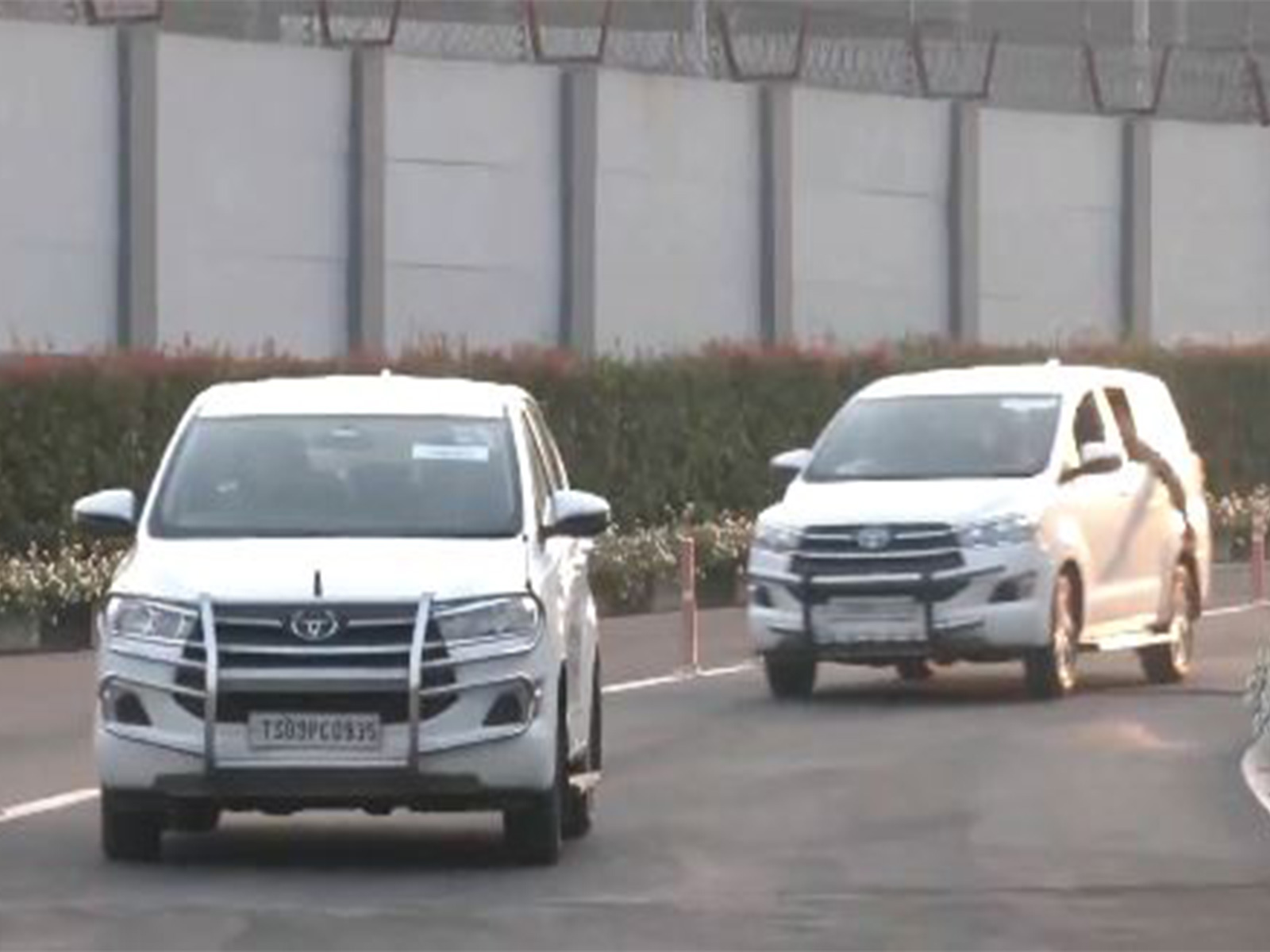Hong Kong protests might have serious impact on its special status ending in 2047: China
Jun 13, 2020

Hong Kong, June 13 : With the pro-democracy protests in Hong Kong showing no sign of abetting, China has threatened that the widespread demonstrations might have a serious impact on the city's special status which will end in 2047 under Beijing's 'one country, two systems' principle.
In the name of strengthening the 'one country, two systems' and ensuring that the freedoms granted to Hong Kong can be extended beyond 2047, Chinese authorities have recently revealed that the national security legislation will be banning subversion, secession, terrorism and foreign interference.
"Many people in Hong Kong have been thinking about the future of one country, two systems after 2047. We also need to think of this -- what kind of record is Hong Kong going to bring, to win a new mandate from the National People's Congress (NPC) and the Chinese people that it represents at that time," Zhang Xiaoming, deputy director of the Hong Kong and Macau Affairs Office (HKMAO) was quoted by South China Morning Post as saying.
Zhang is one of seven deputy directors of the State Council-level office and a member of the leading group on Hong Kong's affairs.
However, critics say that the law would destroy the civil liberties that Hong Kong residents enjoy under the 'one country, two systems' agreement put in place when the United Kingdom handed the territory back to China in 1997.
According to the Sino-British joint declaration, signed in Beijing on December 19, 1984, by the Prime Ministers of China and Britain, Zhao Ziyang and Margaret Thatcher, it was agreed that China would reassume control of Hong Kong from July 1, 1997.
The main body of the treaty has eight articles and three annexes and it states that China's basic policies regarding Hong Kong "will remain unchanged for 50 years", including the promise that the city would retain a high degree of autonomy.
For over a year, Hong Kong citizens have been out on the streets protesting against the extradition bill, which would have allowed criminal suspects in the city to be sent to mainland China for trial.
On June 9 last year, more than one million people held demonstrations against the government's attempt to legalise extradition from Hong Kong to mainland China. In September that year, Chief Executive Carrie Lam announced the withdrawal of the extradition bill.
The five demands of the protestors are -- withdrawal of the extradition bill, an independent commission of inquiry to investigate rights abuses, an end to the prosecution of protesters, an end to the false labelling of the protests as "riots", and genuine universal suffrage in the elections of the Chief Executive and Legislative Council of Hong Kong.
However, the rest of the demands such as universal suffrage and an inquiry into alleged police brutality -- have been rejected by the city's leadership and Beijing, Al Jazeera reported.
